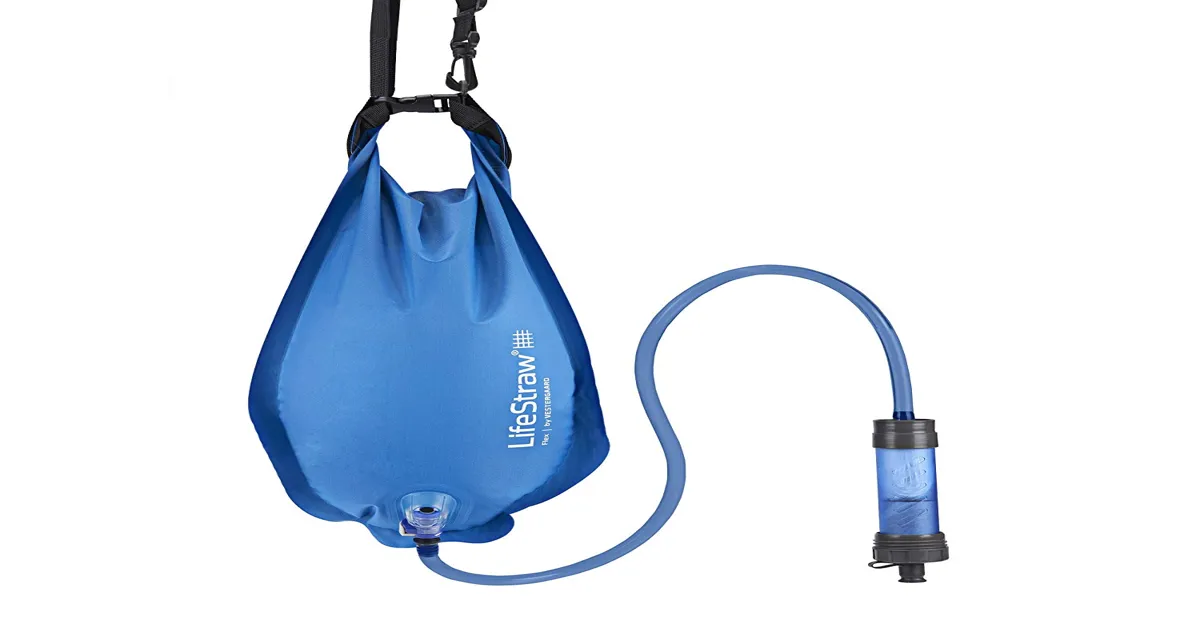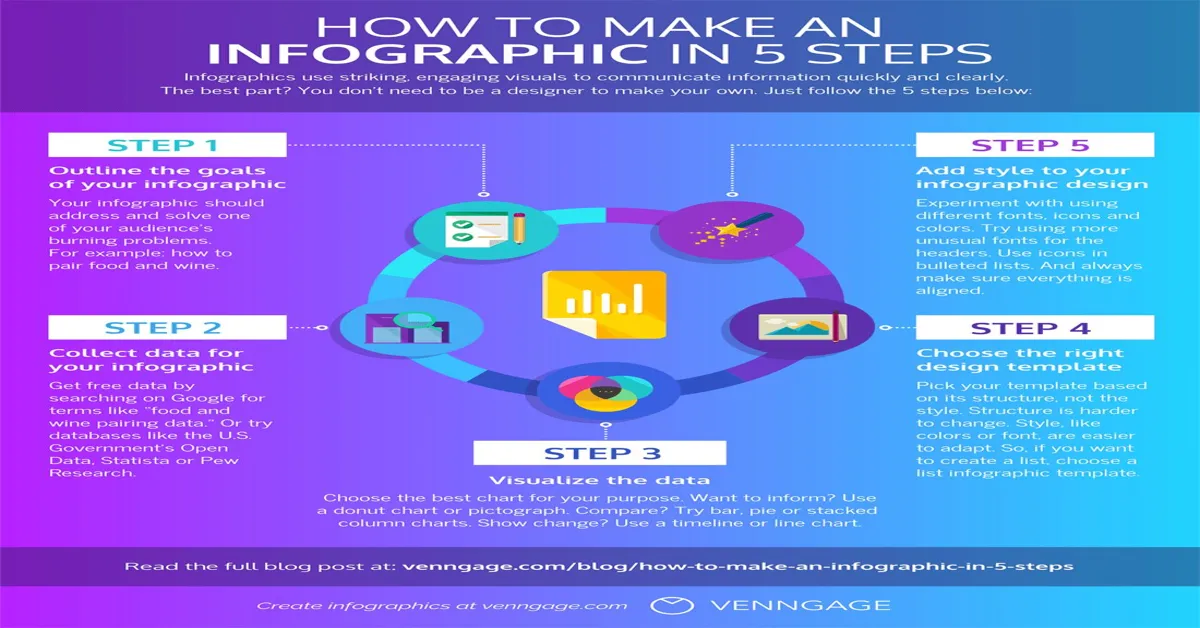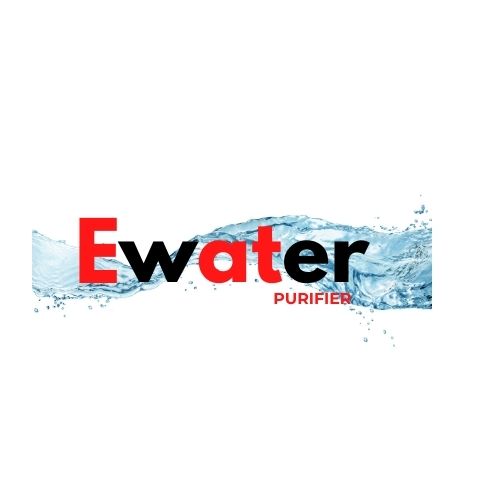The crisp air fills your lungs as you hike along a scenic trail, your backpack light on your shoulders. Suddenly, a pang of thirst hits. You reach for your water bottle only to find it empty.
The nearest clean water source is miles away but, luckily, you are prepared. With the best way to filter water while backpacking at your disposal, you’re never far from a refreshing sip. This blog will guide you through the smart, efficient and life-saving methods to purify water in the great outdoors. Let’s embark on this journey to ensure hydration is never a concern on your future adventures.
Understanding the Importance of Clean Water
Discovering the Best Way to Filter Water While Backpacking: When embarking on a backpacking journey, one of the key survival skills to master is filtering water. The best way to filter water while backpacking involves the use of effective, lightweight, and easy-to-use tools. The three main methods include boiling, using a portable water filter, or water purification tablets.
Boiling is perhaps the oldest and most trusted method. It kills bacteria, viruses, and parasites, ensuring you consume safe water. However, it is time-consuming and requires a heat source.
Portable water filters are a popular choice among backpackers. They are compact and capable of filtering out most pathogens. However, they don’t remove viruses.
Water purification tablets are lightweight and easy to use. They kill all types of pathogens, including viruses. However, they take about 30 minutes to work and can leave a slight taste in the water.

Different Methods of Water Filtration
Exploring the Best Way to Filter Water While Backpacking: When it comes to backpacking, water filtration is a crucial aspect that often gets overlooked. Having a reliable water filtration system is not just a matter of convenience, but a potential lifesaver. So, what’s the best way to filter water backpacking? Without a doubt, the answer lies in portable water filters.
These handy tools are lightweight, compact, and highly effective in removing harmful bacteria, viruses, and other contaminants from natural water sources. They’re quick to use, easy to pack, and can provide clean, safe drinking water in minutes. Whether it’s a straw-style filter or a pump-action model, choosing the right water filter can make all the difference in your backpacking experience.
Remember, staying hydrated with safe, clean water is just as important as packing the right gear.
Choosing the Right Water Filtration Method for You
The Art of Hydration: Backpacking Water Filtration: Undeniably, staying hydrated is crucial when backpacking, but safe, clean water isn’t always accessible. The best way to filter water backpacking is by using a portable water filtration system. These handy devices are lightweight and compact, making them perfect for your adventure.
They operate by removing harmful bacteria, parasites, and contaminants from natural water sources, ensuring you stay healthy on your journey. Some top-notch options include pump filters, gravity filters, and UV light purifiers. Pump filters allow you to manually pump water through a filter, while gravity filters use the power of gravity to push water through.
UV light purifiers are ideal for killing bacteria and viruses without any chemical aftertaste. Remember, choosing the best filtration system depends on your specific needs and the nature of your trip. Hydrate smartly and enjoy the great outdoors safely!
Practical Tips for Filtering Water in the Wilderness
Choosing the Right Water Filter for Backpacking: When you’re backpacking, staying hydrated is essential, yet not all water sources are safe to drink from. The best way to filter water backpacking is by using a portable water filter. These compact devices eliminate harmful bacteria, viruses, and protozoa ensuring you have access to clean drinking water wherever you are.
Types of Backpacking Water Filters: There are various types of backpacking water filters, including pump filters, squeeze filters, and straw filters. Pump filters are reliable and can filter large quantities of water, but they’re a bit bulky. Squeeze filters are lightweight, compact, and require no pumping, while straw filters allow you to drink directly from a water source.
Considerations When Choosing a Water Filter: When selecting a water filter for backpacking, consider factors like weight, ease of use, speed of filtration, and filter lifespan. Additionally, ensure the filter is effective against the contaminants commonly found in the areas you’ll be backpacking.
Proper Use and Maintenance: Lastly, remember that even the best water filter is useless if not used and maintained correctly.
Always follow the manufacturer’s instructions for use and regular cleaning to ensure your filter remains effective throughout your backpacking adventure.
Maintenance and Care for Your Filtration Equipment
Exploring the Best Way to Filter Water while Backpacking: In the throes of an exhilarating backpacking expedition, it’s crucial to keep yourself hydrated. However, relying on untreated water sources could introduce you to waterborne diseases. The best way to filter water backpacking comes down to using portable, lightweight, and effective water purifiers.
Portable Water Filters: These are compact, easy-to-carry devices that remove bacteria and protozoa from water sources. An excellent example is the LifeStraw, which allows you to drink directly from streams and lakes.
Water Purification Tablets: These are ideal for emergency situations. The tablets kill pathogens in the water, making it safe to drink after a waiting period.
UV Light Purifiers: This high-tech solution uses ultraviolet light to kill bacteria, viruses, and protozoa, rendering the water safe for consumption.
Boiling: This time-tested method is effective but requires a heat source and time.
Remember, the best way to filter water while backpacking depends on your specific needs, destination, and hiking conditions. Stay safe, hydrated, and ready to conquer the wilderness!
Statistical Information: Best way to filter water backpacking
| Method | Effectiveness | Additional Information |
|---|---|---|
| Boiling | 99.9% | Boiling water is one of the most effective ways to kill bacteria and parasites, but it doesn’t remove chemicals, heavy metals, or viruses. |
| Chemical Treatment | 90-99% | Chemical treatments, such as iodine or chlorine dioxide, are lightweight and affordable, but they take time to work and may leave an unpleasant taste. |
| Pump Filters | 99.9% | Pump filters physically remove bacteria, protozoa, and often viruses, but they are heavier and require more effort to use than other methods. |
| Ultraviolet Light | 99.9% | Ultraviolet light devices are effective against all types of pathogens, including viruses, but they are expensive, fragile, and require batteries. |
| Gravity Filters | 99.9% | Gravity filters are convenient and easy to use, but they take time to filter the water and may be less effective against viruses. |
Important Notice for readers
When embarking on a backpacking journey, ensuring clean, safe water is paramount. This article educates you on the various methods to filter water while on the trail. From boiling and using portable filters to iodine tablets and UV light sterilizers, learn to employ these techniques effectively to avoid waterborne diseases and maintain hydration.
Remember, not all water sources are safe for direct consumption, always treat water in the wilderness. Stay informed, hydrated, and healthy on your outdoor adventures.
Frequently Asked Questions (FAQs)
What is the best way to filter water when backpacking?
The best way to filter water while backpacking is by using a portable water filter or purifier. These devices are compact, lightweight, and effective at removing harmful bacteria and parasites from freshwater sources. You can also use water treatment tablets or boiling the water as an alternative.
What should I consider when choosing a water filter for backpacking?
When choosing a water filter for backpacking, consider factors such as weight, size, ease of use, speed of filtration, and the type of contaminants it can remove. It’s also important to consider the lifespan of the filter and if it’s capable of serving multiple people if you’re traveling in a group.
Can I use water treatment tablets as a method to filter water during my backpacking trip?
Yes, water treatment tablets are a viable option to filter water during your backpacking trip. They are lightweight and easy to carry. However, they take longer to purify the water, generally around 30 minutes to 4 hours depending on the brand, and may leave a slight taste in the water.
How effective is boiling water as a method of filtration when backpacking?
Boiling water is one of the most effective ways to kill bacteria, viruses, and parasites, making the water safe to drink. However, it’s not as convenient as other methods because it requires a heat source and sufficient fuel, and it doesn’t remove sediments or particles from the water.
Are there any natural ways to filter water while backpacking?
Yes, in a survival situation, you can use natural materials like rocks, sand, and charcoal to create a makeshift filter. However, this method may not be as effective in removing all contaminants, and it’s recommended to boil the water after filtering it this way.
Is it safe to drink directly from streams or lakes while backpacking?
While the water in streams or lakes may appear clean, it can contain harmful bacteria, viruses, and parasites. Therefore, it is always advisable to filter or treat the water before drinking, regardless of how clean it appears.

Conclusion
Backpacking requires careful planning, with water filtration being a key consideration. Through various methods like using purification tablets, filters, or boil treatment, backpackers can ensure safe drinking water. Backpacking isn’t just about survival, but also about the environment. Safeguarding nature’s precious resource is every backpacker’s responsibility, let’s respect and protect our water sources. Remember, clean water isn’t just about quenching thirst; it’s about preserving life and nature.
Read More
https://ewaterpurifier.com/0-5-micron-carbon-block-lead-filter-for-water/
